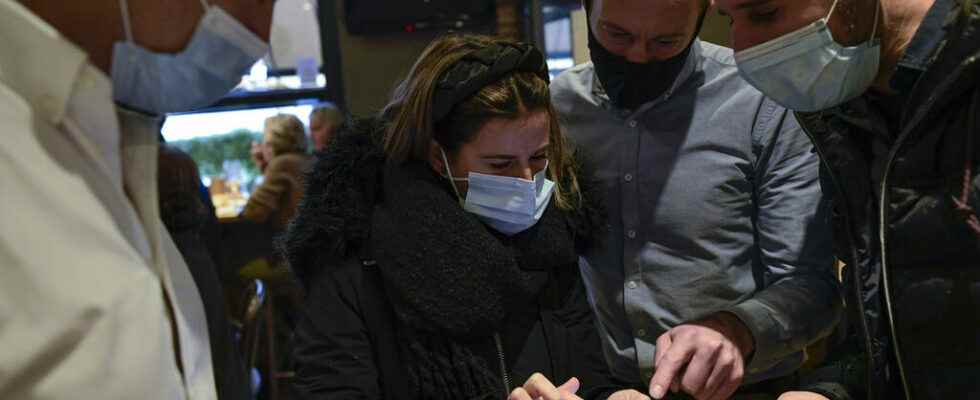A recent study reveals that a large majority of Europeans are more likely to consult the internet than their doctor at the slightest symptom that would make them think of an illness. But this research related to our state of health would most often result in taking false medical advice online at face value. It’s about the ” cyberchondria “.
For many Internet users, the first instinct in the event of a small injury, rash or physical symptoms considered unusual, would be to query Google or another search engine to try to establish oneself a diagnosis of the presumed evil that afflicts us: this online practice which is also spread through social networks is called ” cyberchondria “.
The term is a direct reference to hypochondria, a rather disturbing psychological disorder that qualifies the permanent and irrational anguish of an individual about his health.
By analogy, the cyberchondria describes the habit of people who compulsively search for information on the web and develop excessive anxiety about their pseudo-medical symptoms, indicate the authors of the survey conducted in 2021 and published in early April by Eurostat.
A survey of EU residents aged 16-75
The conclusions of the study, carried out by the organization dependent on the European Commission and in charge of statistical information on the scale of the continent, thus reveal that on average 55% of Europeans have sought medical information on the Web during the last three months preceding the survey.
In detail, there are great disparities between the States of the Union. In France, 56% of those polled admit having carried out their own medical diagnosis mainly via Google or, to a lesser extent, via one of the competing search engines. The Finns and Danes lead the ranking of web hypochondriacs with a rate of 80% and 75% respectively for this type of online consultation.
On the other hand, the Bulgarians and the Germans are much more reasonable and below the European average, the majority declaring that the Internet would not be reliable enough to inform themselves correctly about health problems.
Research that would amplify medical misinformation online
According to the study, the searches of European Internet users would amplify medical misinformation online, the phenomenon of medical fake news having largely benefited from the Covid-19 health crisis. For example, many Internet users worried about the state of their health have massively relayed, without knowing it, antivax publications on social networks.
This flight of the cyberchondria on the web can also be explained by the difficulties experienced by more and more citizens in many European countries easily reach their attending physician. Moreover, the simplicity of access to medical information on the Internet, and the need to be reassured quickly, have accelerated the phenomenon, conclude the authors of the Eurostat survey.
